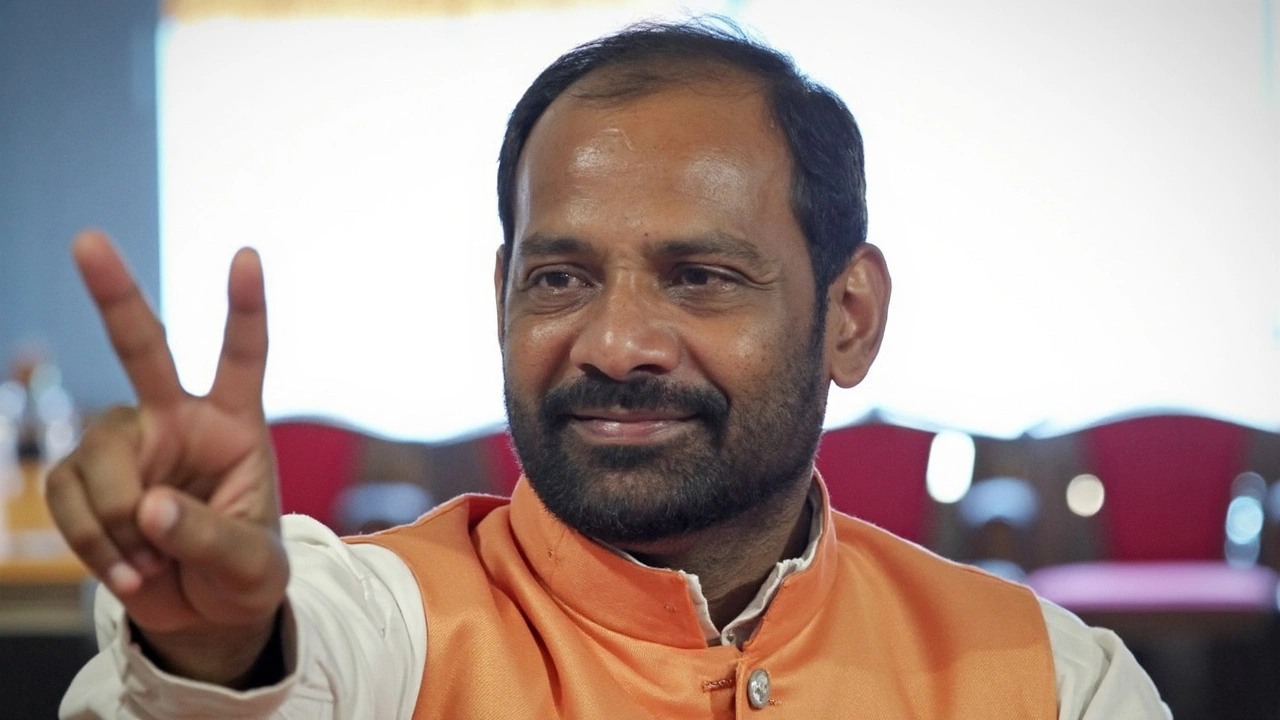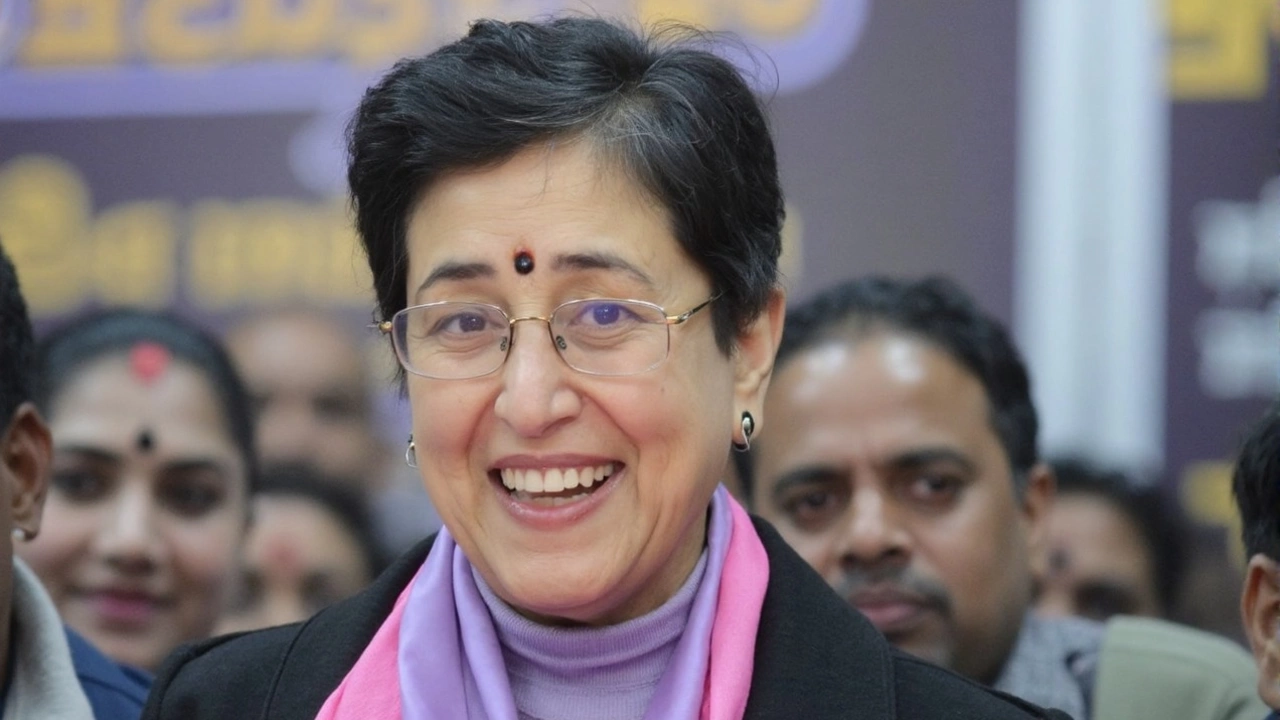A Close Contest in Kalkaji
In an intense battle for control in Delhi's Kalkaji constituency, Chief Minister Atishi managed to retain her seat, showcasing her appeal within the local electorate. She gathered 36,018 votes, amounting to 47.18% of the total, just barely trailing behind the BJP’s candidate, Ramesh Bidhuri, who garnered slightly more at 36,256 votes, translating to 47.49%. Despite the razor-thin margin of 238 votes, Atishi's victory emerges as a beacon of hope for the Aam Aadmi Party (AAP) in what was otherwise a challenging election.
While the Bharatiya Janata Party (BJP) displayed a formidable presence across the whole city, securing 47 out of 70 seats in the Delhi Assembly, AAP managed to hold onto 23 seats. Yet, Atishi's success is significant, given the notable losses suffered by top AAP figures like Arvind Kejriwal and Manish Sisodia, marking her win as a rare highlight for the party in this election cycle.

The Implications of Atishi's Triumph
Atishi's trajectory in politics has been noteworthy. An alumnus of the prestigious Oxford University and a Rhodes scholar, she rose to political prominence, initially making waves through her transformative work on AAP's education policies. Her ascent to becoming Delhi's Chief Minister came after Arvind Kejriwal vacated the position temporarily, embroiled in complex legal challenges. Her recent electoral success underscores her resilience and the personal connections she has forged with her constituency.
The Kalkaji race was emblematic of a broader trend of tight competitions and shifting political allegiances. However, it wasn’t just about numbers. Atishi's ability to maintain her hold despite the slip in voter base for AAP suggests her individual appeal and the trust her electorate has placed in her reformative vision. In stark contrast, the Congress party continued its downward trajectory post-2015, failing to gain a single seat, pointing towards deep-rooted challenges within its organizational structure and voter engagement strategies.
The election results in Kalkaji serve as an intriguing reflection of the evolving political dynamics in Delhi. Atishi’s win may offer a blueprint for AAP to recalibrate its strategies and bolster its position in the face of BJP's growing influence, setting the stage for future electoral contests in the capital.
